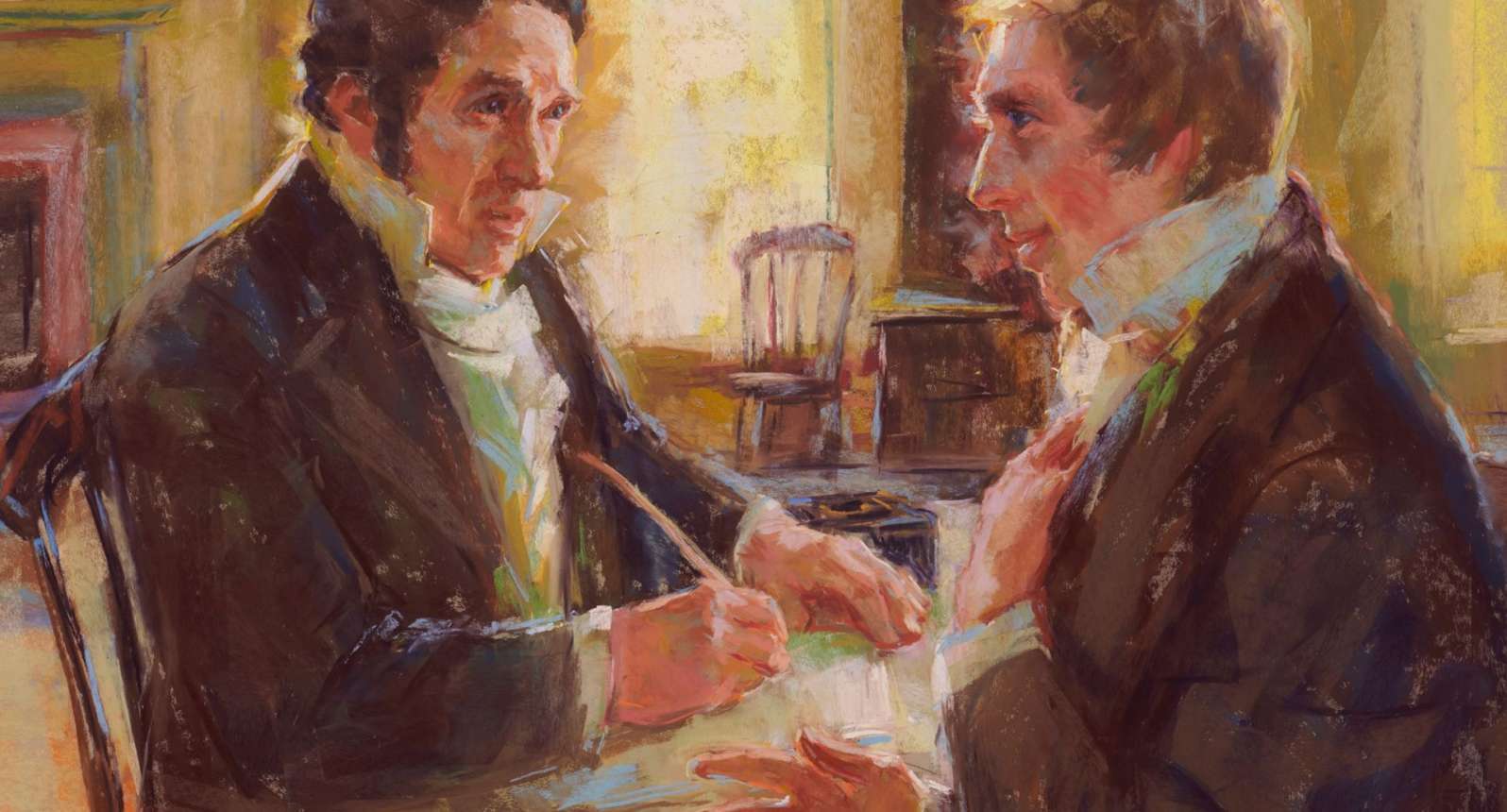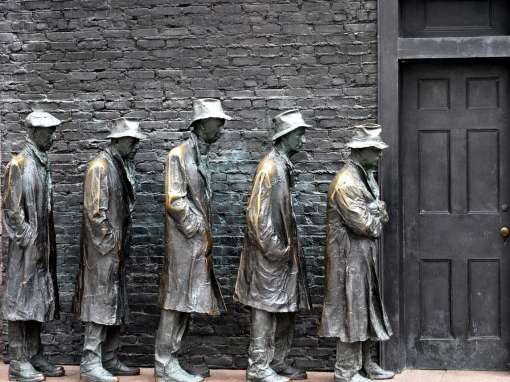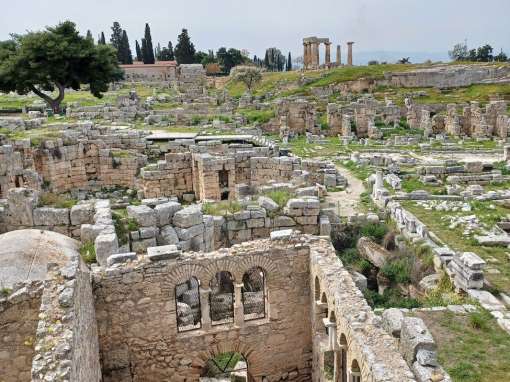Doctrine and Covenants 115-120
“His Sacrifice Shall Be More Sacred unto Me Than His Increase”
The Church of Jesus Christ of Latter-day Saints is a defense and a refuge.
What were the original names of the Church?
How can we help with making a the Stake a refuge?
Doctrine and Covenants 115:4-6
4 For thus shall my church be called in the last days, even The Church of Jesus Christ of Latter-day Saints.
5 Verily I say unto you all: Arise and shine forth, that thy light may be a standard for the nations;
6 And that the gathering together upon the land of Zion, and upon her stakes, may be for a defense, and for a refuge from the storm, and from wrath when it shall be poured out without mixture upon the whole earth.
“After all He had endured—and after all He had done for humankind—I realize with profound regret that we have unwittingly acquiesced in the Lord’s restored Church being called by other names, each of which expunges the sacred name of Jesus Christ! Every Sunday as we worthily partake of the sacrament, we make anew our sacred promise to our Heavenly Father that we are willing to take upon us the name of His Son, Jesus Christ.8 We promise to follow Him, repent, keep His commandments, and always remember Him. When we omit His name from His Church, we are inadvertently removing Him as the central focus of our lives.”
President Russell M.Nelson
Our sacrifices are sacred to the Lord.
Doctrine and Covenants 115: 5-6, 8
5 Let the properties of Kirtland be turned out for debts, saith the Lord. Let them go, saith the Lord, and whatsoever remaineth, let it remain in your hands, saith the Lord.
6 For have I not the fowls of heaven, and also the fish of the sea, and the beasts of the mountains? Have I not made the earth? Do I not hold the destinies of all the armies of the nations of the earth?
8 Is there not room enough on the mountains of Adam-ondi-Ahman, and on the plains of Olaha Shinehah, or the land where Adam dwelt, that you should covet that which is but the drop, and neglect the more weighty matters?
Doctrine and Covenant 115:12-15
Why might our sacrifices be more sacred to the Lord than our increase?
12 And again, I say unto you, I remember my servant Oliver Granger; behold, verily I say unto him that his name shall be had in sacred remembrance from generation to generation, forever and ever, saith the Lord.
13 Therefore, let him contend earnestly for the redemption of the First Presidency of my Church, saith the Lord; and when he falls he shall rise again, for his sacrifice shall be more sacred unto me than his increase, saith the Lord.
14 Therefore, let him come up hither speedily, unto the land of Zion; and in the due time he shall be made a merchant unto my name, saith the Lord, for the benefit of my people.
15 Therefore let no man despise my servant Oliver Granger, but let the blessings of my people be on him forever and ever.
By paying tithing, we help build and “sanctify the land of Zion.”
How does tithing can “sanctify the land of Zion” and make our ward or branch “a land of Zion unto [us]?”
6 And I say unto you, if my people observe not this law, to keep it holy, and by this law sanctify the land of Zion unto me, that my statutes and my judgments may be kept thereon, that it may be most holy, behold, verily I say unto you, it shall not be a land of Zion unto you.
“As revealed by the Lord, the use of tithing is determined by a council comprised of the First Presidency, the Quorum of the Twelve Apostles, and the Presiding Bishopric. The Lord specifically states that the council’s work be directed ‘by mine own voice unto them’ [Doctrine and Covenants 120:1]. This council is called the Council on the Disposition of the Tithes. “It is remarkable to witness this council heed the Lord’s voice. Each member is aware of and participates in all the council’s decisions. No decision is made until the council is unanimous. All tithing funds are spent for the purposes of the Church, including welfare—care for the poor and needy—temples, buildings and upkeep of meetinghouses, education, curriculum—in short, the work of the Lord. …“… I bear my testimony of the Council on the Disposition of the Tithes. I have sat on this council for 17 years, as the Presiding Bishop of the Church and now as a member of the Quorum of the Twelve Apostles. Without exception, the tithing funds of this Church have been used for His purposes”
Elder Robert D. Hales
Doctrine and Covenants 121-123
“O God Where Art Thou?”
If we endure our trials well, God will exalt us on high.
Doctrine and Covenants 121:1-6
Have you had similar feelings to Joseph Smith?
1 O God, where art thou? And where is the pavilion that covereth thy hiding place?
2 How long shall thy hand be stayed, and thine eye, yea thy pure eye, behold from the eternal heavens the wrongs of thy people and of thy servants, and thine ear be penetrated with their cries?
3 Yea, O Lord, how long shall they suffer these wrongs and unlawful oppressions, before thine heart shall be softened toward them, and thy bowels be moved with compassion toward them?
4 O Lord God Almighty, maker of heaven, earth, and seas, and of all things that in them are, and who controllest and subjectest the devil, and the dark and benighted dominion of Sheol—stretch forth thy hand; let thine eye pierce; let thy pavilion be taken up; let thy hiding place no longer be covered; let thine ear be inclined; let thine heart be softened, and thy bowels moved with compassion toward us.
5 Let thine anger be kindled against our enemies; and, in the fury of thine heart, with thy sword avenge us of our wrongs.
6 Remember thy sufferingsaints, O our God; and thy servants will rejoice in thy name forever.
Doctrine and Covenants 121:7-8, 33
How can trials give us experience and be for our good?
7 My son, peace be unto thy soul; thine adversity and thine afflictions shall be but a smallmoment;
8 And then, if thou endure it well, God shall exalt thee on high; thou shalt triumph over all thy foes.
33 How long can rolling waters remain impure? What powershall stay the heavens? As well might man stretch forth his puny arm to stop the Missouri river in its decreed course, or to turn it up stream, as to hinderthe Almighty from pouring down knowledge from heaven upon the heads of the Latter-day Saints.
We must be righteous to access the “powers of heaven.”
Doctrine and Covenants 121:34-37
How are the powers of Heaven different from he powers of men?
34 Behold, there are many called, but few are chosen. And why are they not chosen?
35 Because their hearts are set so much upon the things of this world, and aspire to the honorsof men, that they do not learn this one lesson—
36 That the rights of the priesthood are inseparably connected with the powers of heaven, and that the powers of heaven cannot be controlled nor handled only upon the principles of righteousness.
37 That they may be conferred upon us, it is true; but when we undertake to cover our sins, or to gratify our pride, our vain ambition, or to exercise control or dominion or compulsion upon the souls of the children of men, in any degree of unrighteousness, behold, the heavens withdraw themselves; the Spirit of the Lord is grieved; and when it is withdrawn, Amen to the priesthood or the authority of that man.
Doctrine and Covenants 121:45-46
How might these verses change how we see our responsibilities in our families, as ministering brothers and sisters, or in other situations where we hope to influence others for good?
45 Let thy bowels also be full of charity towards all men, and to the household of faith, and let virtue garnish thy thoughts unceasingly; then shall thy confidence wax strong in the presence of God; and the doctrine of the priesthood shall distil upon thy soul as the dewsfrom heaven.
46 The Holy Ghost shall be thy constant companion, and thy scepter an unchanging scepter of righteousness and truth; and thy dominion shall be an everlasting dominion, and without compulsory means it shall flow unto thee forever and ever.
Jesus Christ has descended below all things and strengthens us in our trials.
Doctrine and Covenants 122:8-9
How can understanding that Jesus Christ “hath descended below … all [things]” give us the confidence to turn to Him.
8 The Son of Man hath descended below them all. Art thou greater than he?
9 Therefore, hold on thy way, and the priesthood shall remainwith thee; for their bounds are set, they cannot pass. Thy daysare known, and thy years shall not be numbered less; therefore, fear not what man can do, for God shall be with you forever and ever.
Alma 7:11-13
11 And he shall go forth, suffering pains and afflictions and temptations of every kind; and this that the word might be fulfilled which saith he will take upon him the pains and the sicknesses of his people.
12 And he will take upon him death, that he may loose the bands of death which bind his people; and he will take upon him their infirmities, that his bowels may be filled with mercy, according to the flesh, that he may know according to the flesh how to succor his people according to their infirmities.
13 Now the Spirit knoweth all things; nevertheless the Son of God suffereth according to the flesh that he might take uponhim the sins of his people, that he might blot out their transgressions according to the power of his deliverance; and now behold, this is the testimony which is in me.
“There are millions of God-fearing people who pray to God to be lifted out of their afflictions. Our Savior has revealed that He ‘descended below all things’ (D&C 88:6). As Elder Neal A. Maxwell taught, ‘Having “descended below all things,” He comprehends, perfectly and personally, the full range of human suffering’ [Ensign,Nov. 1997, 23]. We might even say that having descended beneath it all, He is perfectly positioned to lift us and give us the strength we need to endure our afflictions”
President Dallin H. oaks
Doctrine and Covenants 124
“A House unto My Name”
The Lord delights in integrity.
Doctrine and Covenants 124: 15, 20
Why does the Lord value integrity?
15 And again, verily I say unto you, blessed is my servant Hyrum Smith; for I, the Lord, love him because of the integrity of his heart, and because he loveth that which is right before me, saith the Lord.
20 And again, verily I say unto you, my servant George Miller is without guile; he may be trusted because of the integrityof his heart; and for the love which he has to my testimony I, the Lord, love him.
Doctrine and Covenants 124:22-24, 60-61
The Lord wants us to welcome and accept others.
How might these terms also be applied to the Church of Jesus Christ?
22 Let my servant George, and my servant Lyman, and my servant John Snider, and others, build a house unto my name, such a one as my servant Joseph shall show unto them, upon the place which he shall show unto them also.
23 And it shall be for a house for boarding, a house that strangers may come from afar to lodge therein; therefore let it be a good house, worthy of all acceptation, that the weary traveler may find health and safety while he shall contemplate the word of the Lord; and the cornerstone I have appointed for Zion.
24 This house shall be a healthful habitation if it be built unto my name, and if the governor which shall be appointed unto it shall not suffer any pollution to come upon it. It shall be holy, or the Lord your God will not dwell therein.
60 And let the name of that house be called Nauvoo House; and let it be a delightful habitation for man, and a resting-place for the weary traveler, that he may contemplate the glory of Zion, and the glory of this, the cornerstone thereof;
61 That he may receive also the counsel from those whom I have set to be as plants of renown, and as watchmen upon her walls.
The Lord commands us to build temples so we can receive sacred ordinances.
Doctrine and Covenants 124:28-30
Why do we keep building Temples?
28 For there is not a place found on earth that he may come to and restore again that which was lost unto you, or which he hath taken away, even the fulness of the priesthood.
29 For a baptismal font there is not upon the earth, that they, my saints, may be baptized for those who are dead—
30 For this ordinance belongeth to my house, and cannot be acceptable to me, only in the days of your poverty, wherein ye are not able to build a house unto me.
The Lord will bless those who strive to obey His commandments.
Doctrine and Covenants 124: 59, 51
What do this verse teach us about obedience?
49 Verily, verily, I say unto you, that when I give a commandment to any of the sons of men to do a work unto my name, and those sons of men go with all their might and with all they have to perform that work, and cease not their diligence, and their enemies come upon them and hinder them from performing that work, behold, it behooveth me to require that work no more at the hands of those sons of men, but to accept of their offerings.
51 Therefore, for this cause have I accepted the offerings of those whom I commanded to build up a city and a house unto my name, in Jackson county, Missouri, and were hindered by their enemies, saith the Lord your God.
The Lord can guide us through our patriarchal blessings.
Doctrine and Covenants 124:91-92
How can we better use our Patriarchal blessings?
91 And again, verily I say unto you, let my servant William be appointed, ordained, and anointed, as counselor unto my servant Joseph, in the room of my servant Hyrum, that my servant Hyrum may take the office of Priesthood and Patriarch, which was appointed unto him by his father, by blessing and also by right;
92 That from henceforth he shall hold the keys of the patriarchal blessings upon the heads of all my people,



